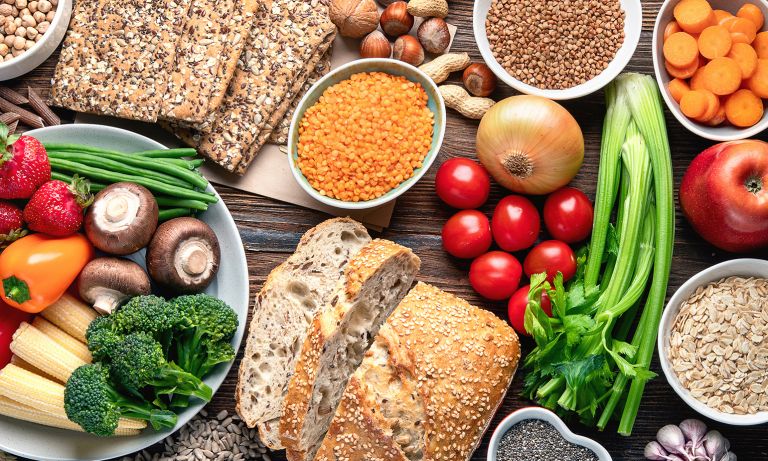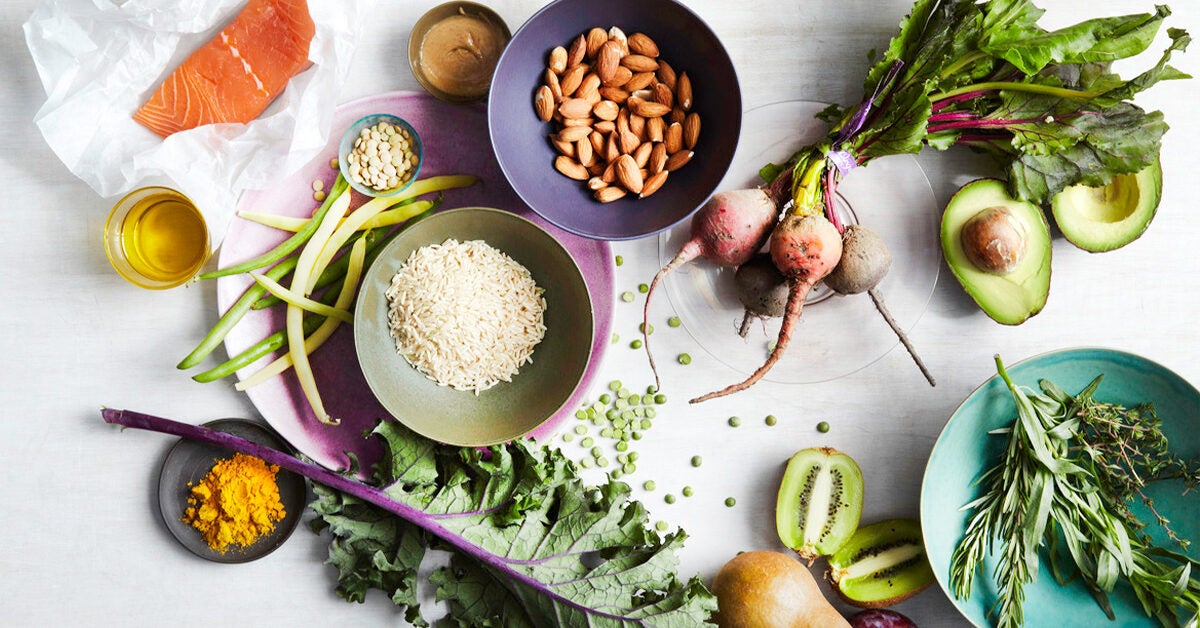There is an old English saying “Food cooked with passion and served with love tastes divine.” Trust me, it is true even today! Every food enthusiast is well aware that the soul of any good recipe resides in the right blend of spices and fresh natural ingredients.
But we might sometimes miss upon an even more important ingredient while cooking food, and which more often than not tampers with the soul of our recipe.
Food contamination can occur at any stage, be it harvesting, processing, preparation, storage or transportation. Foodborne diseases are often common where low standards of hygiene are used.

According to data released by World Health Organization, every year foodborne disease causes almost one in ten people to fall ill. These diseases can be deadly especially in children.
There are a few basic rules to be followed while handling food:
Clean: Wash hands and surfaces often.
Separate: Don’t cross-contaminate.
Cook: Cook to the right temperature.
Chill: Refrigerate promptly.
Clean: Wash hands and surfaces often.
One must wash one’s hands thoroughly with soap before coming in contact with food. This eliminates transfer of germs from your hands to the food. One must wash all vegetables and fruits with cold water before using them.
In case you are sick or down with cold and flu you must avoid cooking and handling food. When someone has the symptoms of diarrhea, vomiting or jaundice, they should stay away from the workplace.

Separate: Don’t cross-contaminate.
To avoid cross contamination keep raw and cooked foods separate when storing and preparing. Food should be stored in covered containers in the fridge and put raw meats and poultry in the bottom of the fridge so the juices don’t contaminate food on lower shelves.
Cook: Cook to the right temperature.
If you eat poultry, seafood and meat you must be careful while cooking them. They should be cooked thoroughly at right temperatures before eating.
In the past few years microwaves are being used in our kitchens to cook and reheat food. You can cover your food with food wrapping paper of a good quality, which prevents the food from drying out on reheating.
Make sure the reheated food is piping hot and the steam is coming out of it. This means you have eliminated the risk of bacteria and other pathogens.
